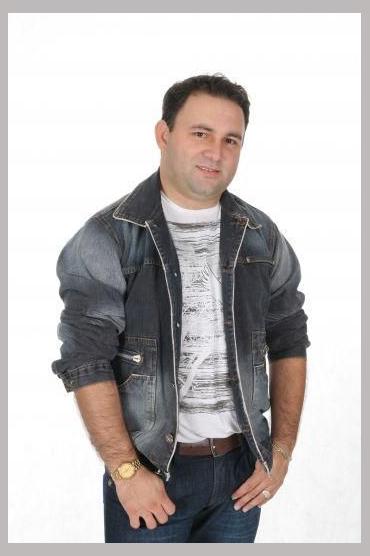 Helmar Farias
Helmar Farias
Helmar Farias: The Enigmatic Voice Behind the Boisterous "O Bererê"
Emerging from the vibrant streets of Salvador da Bahia, Helmar Farias emerged as a musical force to be reckoned with. His electrifying performances and infectious rhythms left an indelible mark on the Brazilian music scene.
Early Life and Influences:
Born in 1938, Helmar Farias grew up immersed in the eclectic rhythms of Bahia, from the soulful samba to the spirited axé. His formative years were shaped by the vibrant music and cultural traditions of his homeland.
Rise to Prominence:
In the mid-1960s, Helmar Farias formed a band that would forever alter his destiny. With a distinctive blend of samba, rock, and funk, the group released the iconic single "O Bererê" in 1972. The song became an instant sensation, propelling Helmar Farias into mainstream recognition.
"O Bererê": A Cultural Phenomenon
"O Bererê" captured the spirit of the era, becoming a symbol of resistance and cultural pride. Its energetic rhythm and defiant lyrics resonated with Brazilians yearning for freedom of expression amidst a repressive political climate.
Challenges and Controversies:
Helmar Farias's success was not without its challenges. His outspoken nature and political activism drew the attention of the authorities. He faced censorship and persecution, ultimately leading to his exile from Brazil in the early 1970s.
Discography and Legacy:
Despite the adversity, Helmar Farias continued to produce groundbreaking music. He released several albums throughout his career, including "Pequeno Mundo" (1972), "Nação" (1984), and "Mundo Melhor" (1993).
Members:
Helmar Farias's band consisted of a talented group of musicians who shared his passion for music and social justice. Among its most notable members were:
* Arnaldo Farias: Guitar
* Chica Mala: Bass
* Fausto Faria: Drums
* Ivan de Almeida: Percussion
* Jorge Rubem: Keyboard
Later Years and Death:
In his later years, Helmar Farias continued to perform and advocate for social change. He returned to Brazil after the fall of the military dictatorship and spent his final days surrounded by his beloved music and family. He passed away in 2011, leaving behind a legacy that continues to inspire generations of musicians and activists.
Emerging from the vibrant streets of Salvador da Bahia, Helmar Farias emerged as a musical force to be reckoned with. His electrifying performances and infectious rhythms left an indelible mark on the Brazilian music scene.
Early Life and Influences:
Born in 1938, Helmar Farias grew up immersed in the eclectic rhythms of Bahia, from the soulful samba to the spirited axé. His formative years were shaped by the vibrant music and cultural traditions of his homeland.
Rise to Prominence:
In the mid-1960s, Helmar Farias formed a band that would forever alter his destiny. With a distinctive blend of samba, rock, and funk, the group released the iconic single "O Bererê" in 1972. The song became an instant sensation, propelling Helmar Farias into mainstream recognition.
"O Bererê": A Cultural Phenomenon
"O Bererê" captured the spirit of the era, becoming a symbol of resistance and cultural pride. Its energetic rhythm and defiant lyrics resonated with Brazilians yearning for freedom of expression amidst a repressive political climate.
Challenges and Controversies:
Helmar Farias's success was not without its challenges. His outspoken nature and political activism drew the attention of the authorities. He faced censorship and persecution, ultimately leading to his exile from Brazil in the early 1970s.
Discography and Legacy:
Despite the adversity, Helmar Farias continued to produce groundbreaking music. He released several albums throughout his career, including "Pequeno Mundo" (1972), "Nação" (1984), and "Mundo Melhor" (1993).
Members:
Helmar Farias's band consisted of a talented group of musicians who shared his passion for music and social justice. Among its most notable members were:
* Arnaldo Farias: Guitar
* Chica Mala: Bass
* Fausto Faria: Drums
* Ivan de Almeida: Percussion
* Jorge Rubem: Keyboard
Later Years and Death:
In his later years, Helmar Farias continued to perform and advocate for social change. He returned to Brazil after the fall of the military dictatorship and spent his final days surrounded by his beloved music and family. He passed away in 2011, leaving behind a legacy that continues to inspire generations of musicians and activists.